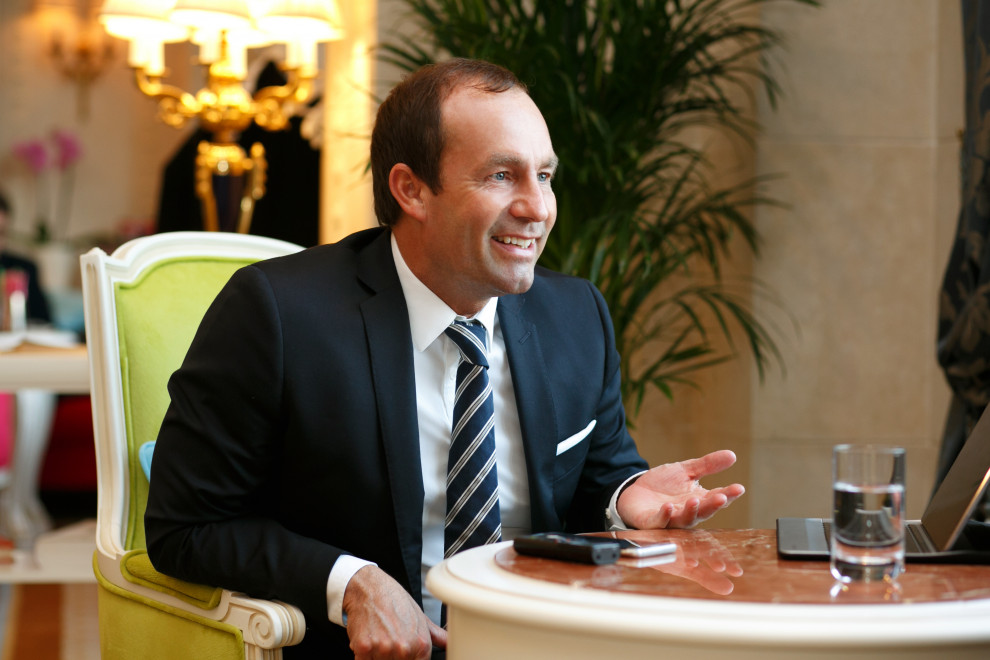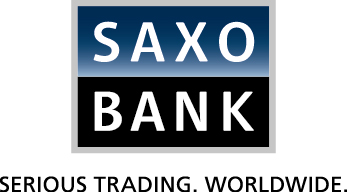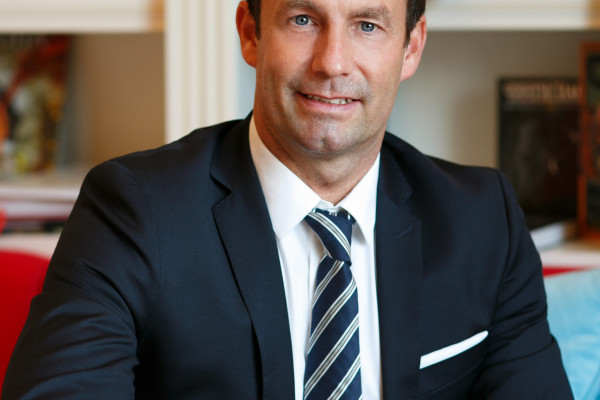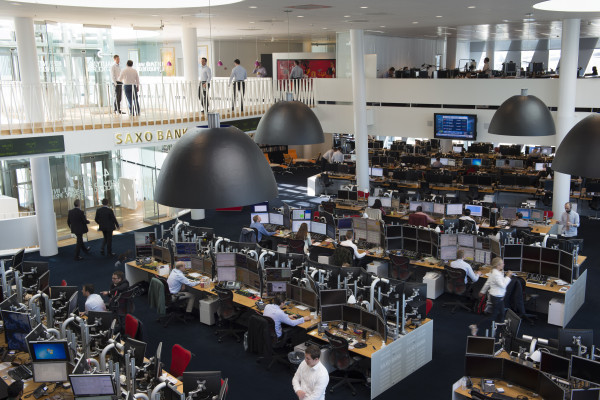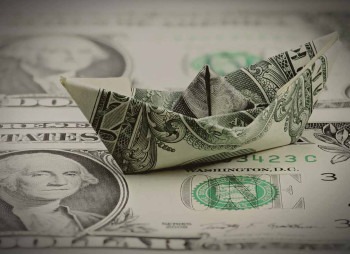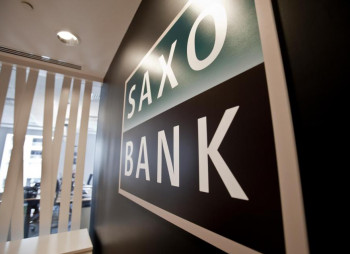Tell us a few words about Saxo Bank and how it managed to post USD 23mln in net profits for H1/2016 compared to loss of USD 70mln a year ago? And what are your interests in Ukraine?
You probably know, Saxo bank is an online trading and investment platform. We look at ourselves as a fintech company, being half bank and half IT. We dont only provide our trading platform with access to global markets and more than 34,000 instruments for private and corporate customers, but we also provide technology to other banks. And 110 of other banks are under, let us say, our umbrella of products. So, banks all over the world use this technology. Normally, people dont know about it but this is exactly what we are most famous for, that is actually, technology for driving platform to accessing markets. It has been proven for twenty years.
We had a positive start to the year with successful inflow of client’s collateral and high level of trading activity. However, market volatility turned lower in preparation for Brexit. After the startling vote in favor of Brexit, we saw record trading volume and clients gains of over €200 million. We had implemented higher margins to better help clients in case of high volatility, and we are pleased to see that many clients benefitted from the event.
What do you think about Ukrainian banks?
When we look at the Ukrainian economy, we do see positive trends and there is a light at the end of the tunnel. I have taken all the data on Ukraine before coming here, and the figures were looking to be brighter and good trends are coming up. I am speaking about macro stats, as this is what we are looking at in other countries. And now I want you to consider this, if we go back to crisis in Europe. They were very much similar like in Italy, Spain, Portugal, and Greece and at some point we saw things starting to get better.
So coming back to Ukraine, now it could be the point for Ukraine, definitely. In the short term, we must see a combination of factors for that sort of breakthrough development quite soon, as certain global factors have to come in order for improvements in this particular respect.
Ukrainian sovereign ratings are poor, preventing investments coming. Do you think they reflect the reality, or is there too much politics involved?
I dont think it is all about politics. What we have noticed comparing Ukraine with other countries which have been through a crisis too is that, despite a fragile platform, the situation here gets better. In particular, there is a certain degree of flexibility in the Ukrainian economy. If we take such an economy such as Brazil, it tends to be inflexible because they have big political pressures, like public spending, pension reforms etc. And if their politicians pursue these for the better, nothing dramatically changes. But it is the other case with Ukraine; if you have politicians who do right things the situation improves. And its not unrealistic for Ukraine at all to make the economy work. You are headed in the right direction.
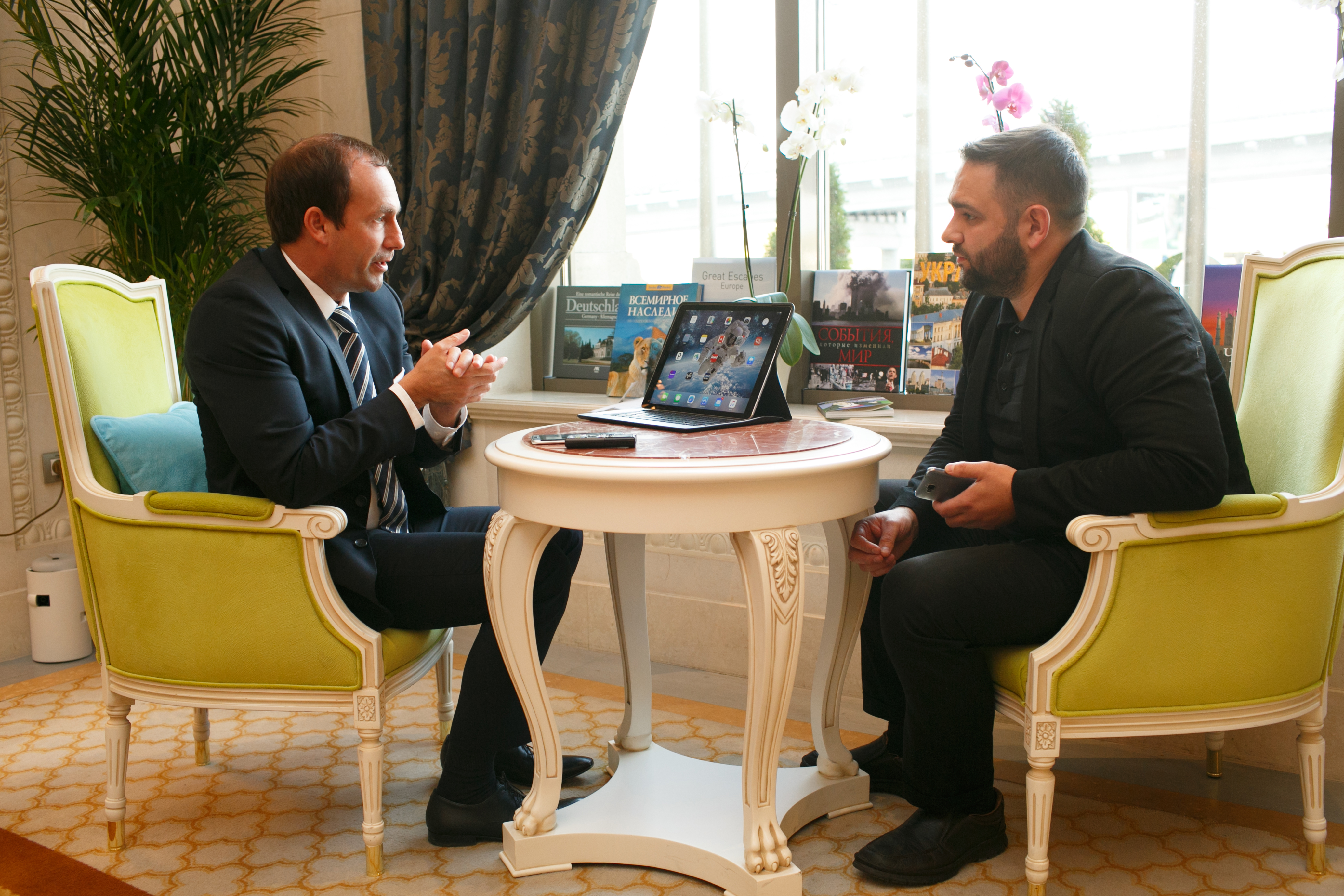
Lets move on to the corporate sector. In September corporate bonds from emerging markets almost tripled in monthly terms. Were you in the take?
You mean, did I buy some? (laughing). Yes, there are plenty of bonds in that period. What we see now are two things: a very low global yield environment and we see the beginning of fear for the Fed hikes. And that combination makes many offers go out and they simply issue bonds. But, they issue bonds when there is an appetite. Thus, there must be an appetite out there. The camp is split in two; we have those who say that in a few months we will see global inflation higher, and others who say that we will see low yields for the long term. The latter say that the world economy got into a status quo, so I am a bit split too. Actually, I think that in some point we’ll see inflation, but not for now, maybe after six to nine months and then we will see some spin. But now we have a very slow world economy, as you see it.
Prices for agricultural commodities were low this year, it influenced Ukrainian producers. Can you please make your comment.
The agricultural sector, to a large extent, is related to speculations in the energy sector on oil. We saw low prices, now it is stabilizing at $50, but we can easily see the scenario that when oil prices spike higher all the commodities follow that. And as youve said, Ukraine were under severe pressure. This may change when the situation of supply and demand becomes more balanced. There is an overproduction of oil, but it will continue only to a certain point. Like in Norway, it becomes too expensive to continue with deep drilling of oil, so they will cut down production. As of now, the prices will remain, but if we see an agreement on oil production cut backs, the effect will be immediate. If we see inventories lower our cut back prospects, the prices will go up. A realistic scenario in six to nine months ahead is the price will be at $60 in case supply and demand becomes balanced. At this time, there are a lot of inventories. Also, many things depend upon China; if we see them supply through the up-side, the prices will definitely go up a bit higher. Agriculture experiences a lack of global growth, especially out of China and out of Europe. As soon as we see pick up in these places, instantly a positive effect on the agricultural sector will be reflected.
What are your expectations for presidential elections in the USA? How will the markets react for Trump and how for Hillary?
In the markets there are big odds for Hillarys victory to influence markets positively. But in the local market it could be the opposite. That could be the case actually. In general, a Trump victory may bring some volatility, and we’ll see markets go down and then spike afterwards, like in the case with Brexit.
The consensus for markets is a Hillary win, as markets will react moderately positively.
Not that she brings something new, but if she were to win it would be a stabilizing issue for markets, as one unknown factor is less, nothing more.
Can we say that world players are ready for any sort of outcomes in the US economy and its politics?
A big mystery right now is what will happen when the US economy starts to grow. Will we see the Fed acting more aggressively? And the next question is whether the big bond bubble is about to explode. I dont believe it, at least 6-9 months from now. At this point, we have to consider not only corporate bonds but also government bonds.
What industries do you consider as promising in the mid and long-term respectively?
The financial sector is now undergoing a transformation, as we saw it do so in Europe. We still have difficulties in the financial sector, like it was this summer. Big banks are in a situation where they have to reconsider their business models. That is why we are avoiding financials, as of now. We are focused on consumer goods, carbons and everything related to airlines. These are three opportunities we see now.
What country can be an example for Ukraine among the emerging markets?
I think there are good examples in Asian countries to follow for Ukraine. In terms of investing, emerging economies are much more flexible. For instance, in Europe if we take Italy or Greece, their debt to GDP ratios, they are way above one hundred. They have very high debt compared to the average from emerging markets, and despite political factors and sometimes geopolitical factors, there is value in such countries as they are more flexible and their debt to GDP is much smaller. Would you buy a small yield upon a golden bond, or some 4-5% from a well-established emerging market? That is why we saw huge rallies for emerging markets recently. The situation calls you - as an investor - to search elsewhere for yield, as in Europe the yields are close to zero. Thus, big funds started to look for ways to balance those rates.
Is there a chance that Saxo Bank at some point will prepare a product to invest in Ukraine?
Of course! Ukraine is an interesting economy. As I mentioned before, we did see some positive trends. If they continue, then we will have a healthier situation, and stabilizing is the key word. Normally, it takes two to three years after a crisis in emerging economies, after which investors start investing. If Ukraine continues to show good performance, investors will look for ways to invest in it, as they notice the opportunity.
If you are an investor, you look for ways to diversify your investments Saxo offers access to a wide range of products from equities, bonds, currencies, CFDs and commodities. All can be traded from a single account on your phone, tablet or computer. Saxo Bank is a fully licensed European bank under supervision of Danish FSA, despite that many consider it as an online bank only. Also the reason why I am here is to present our online platform for trading bonds we spent nearly one year for its development. Client experience is in focus, a totally new way of looking at things. Fast execution, low and the most competitive prices we get from wherever you choose within our network from different banks. This makes a difference!


